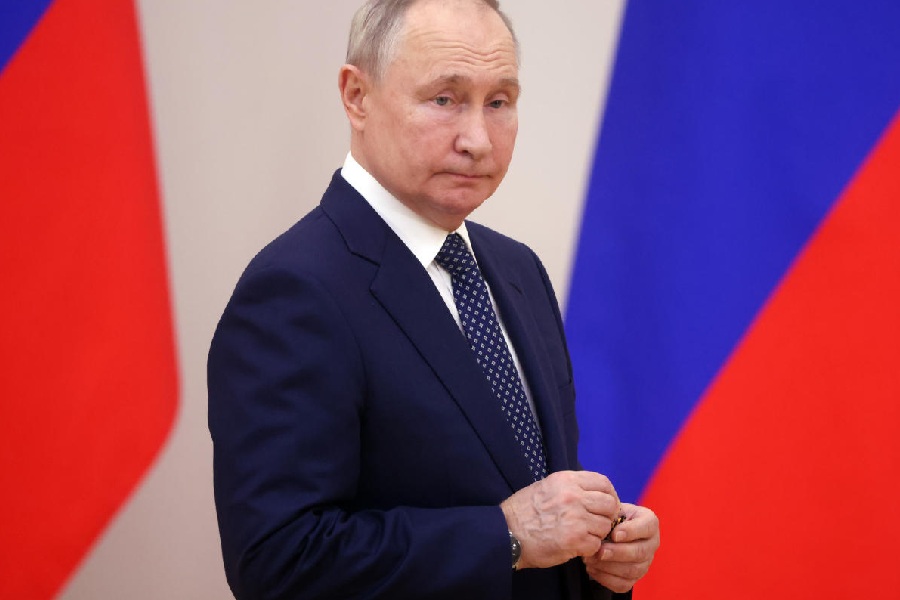It is the biggest election year in the history of humankind. Seven of the world’s 10 most populous nations — representing more than 2.7 billion people — have either voted or will vote in national elections in 2024. Against that backdrop, a report from Freedom House, the Washington DC-based non-profit that tracks the state of political freedoms and civil liberties globally, serves as a worrying and timely reminder: that true democracy is about more than elections. The report, released last week, concludes that 52 countries witnessed severe declines in freedom over the past year — the 18th time in a row that democratic liberties have fallen globally. Barring West Africa and the Sahel, this is not a period that has seen an increase in coups. Rather, in many parts of the world where unelected power grabs were once common, countries have increasingly adopted regular elections. Yet, in nation after nation, these elections have often exposed the frailties of their democratic institutions instead of strengthening the checks and balances against any erosion of liberties.
So far, the elections of 2024 have already showcased this phenomenon. In Bangladesh and Pakistan, the principal Opposition parties faced a major crackdown in the months before voting, with thousands of people arrested. Questions still linger over the credibility of the elections in both those countries. Ahead of Iran’s parliamentary elections, many moderate candidates were barred from competing. Numerous contestants in Russia’s presidential election too have been prevented from being in the fray. Presidential elections in Senegal — long viewed as a bastion of democratic stability in West Africa — were originally slated for February 25, but have been pushed back to March 24. Meanwhile, in India, law enforcement agencies have raided the homes of several Opposition leaders just before elections, even as major political parties have allegedly turned to emerging technology to peddle misleading information or lies and manipulate voter sentiments. Electoral arenas have not remained level playing fields either. In India, the Supreme Court had to pass a verdict banning electoral bonds to set the field right. Yet, the State Bank of India, the authorised entity to issue these bonds, has now sought time until after the elections to reveal the identities of those who funded political parties. The November election in the United States of America also looks poised to test the durability of that country’s democratic guardians.
All of this points to an uncomfortable fact. It may be politically expedient for leaders in major democracies to accuse their domestic and international rivals of pushing authoritarianism, but their own hypocrisy is equally responsible for the slide in liberal and civil rights and values. When leaders speak of human rights on the one hand but strike cruel deals to target and deport desperate refugees, they make clear that people are mere political pawns. When they arm and finance a horrific war of death and starvation, they embolden conflict-mongers globally. And when they unilaterally strip a region of its statehood and autonomy, suspend its legislature, crack down on free speech and then claim to have won hearts and minds, they empty the meaning of democracy.











